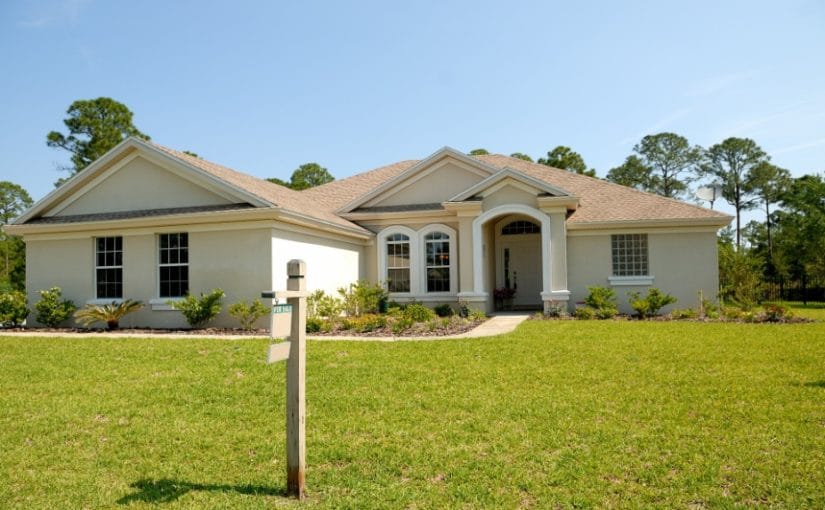Here are 4 housing options seniors should consider from my guest blogger, Jim Vogel.
Did you know that you don’t necessarily need to purchase a home to downsize as a senior? There are several options to think about – including leasing, renting, and buying. Each option has pros and cons. The most important thing, however, is choosing the living experience that meets your expectations and presents the best possibilities for your future (particularly if aging in place is part of your plan).
Kiplinger recently published an article outlining the differences between buying and renting as a retiree. That article, among others, will help shed light on your options for this chapter of your life.
Bittersweet and exciting, this is your chance to make a choice that will solely benefit you. This time around, you aren’t purchasing a home for your children, friends, or career. Instead, it’s all about you.
Here are four housing options to think about as you start the downsizing process:
- Renting Apartment Space
Maybe you’re sick and tired of caring for a large home that you don’t necessarily need. For this move, you want something simple and low maintenance. You don’t need much space. In fact, a two or three bedroom apartment will meet your needs while still giving your family enough room to visit. Having a yard isn’t an important factor, in your book. You’d be happy with the occasional gardening stint on a balcony or patio. You genuinely don’t mind having neighbors and, in fact, feel comforted by the idea of never truly being alone.
If you identify with these statements, apartment life may be right for you. Not only will you have a lower cost of living and outsourced home maintenance, but you’ll truly be able to enjoy your retirement with few regrets. U.S. News shares more information about becoming a renter as a senior.
- Purchasing a Condominium
If you want the perks of purchase without the responsibility of landscaping and wasted space, consider buying a condominium. You’ll still live in a tightly knit community with neighbors, but you’ll actually own your home. The only downside to condos are the intense staircases sometimes included. Even if you’re able to easily navigate staircases now, you need to think about the future. This means finding a condo with as few stairs as possible.
A huge pro, however, lies in location. Condos are often found in desirable locations, such as near the water or coastline. If you’ve always dreamed of living in luxury, this is your chance.
- Leasing a Townhome
Leasing and renting are, for all intents and purposes, the same thing. Most of the time, you’ll sign a lease agreement when you choose to rent an apartment. Your lease will last for six to twelve months, at which time you’ll be allowed to renew your lease.
Leasing a townhome or house, though, is slightly different. In this case, the majority of owners will want to do a lease-to-buy option. This means, as you pay rent, some of your money will go toward a downpayment and closing costs. At the end of a specified period of time (generally three or four years), you’ll be first in line to purchase the home.
This option is perfect for individuals interested in buying in the future, but unable to make a purchase now. Realtor.com has some great information that can help you better understand the process.
- Requesting a Ranch
Maybe you see yourself in a home of your own – and nothing is going to change that. If this is the case, consider requesting a ranch home. These homes have few stairs (usually with a single set leading into a basement) and can often be found in community areas with other seniors and retirees.
These housing options offer vastly different experiences for this chapter of your life. What experience do you want for your future?
Whichever option you choose, home staging can help seniors sell their home quickly and for more, and help you get set up in your new home. To find out more, check out the article Home Staging Helps Seniors Move on to Their Next Adventure.
Call 907-362-0065 today
info@northernlightsstaging.com

